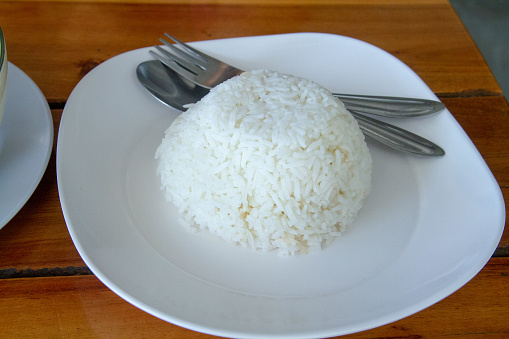As we head into Plastic Free July, I’d like to write about some new research about the impact of plastic on the planet and specifically, on us!


In 2017, Dr Shanna Swan, professor of Environmental Medicine and Public Health at the Mt Sinai School of Medicine in New York City published evidence that the average sperm count among Western men has halved in the past 40 years.
Acknowledging the impact of delayed childbearing, choice or lifestyle, Swan concludes that chemicals have played a major causal role. She notes that younger women have increased impaired fecundity ( the ability to have children) than older women. The risk of miscarriage has also risen in the younger group of women.


So which chemicals in plastics are causing havoc? Phthalates, used to make plastics soft and flexible, mimic or interfere with the bodies sex hormones, testosterone and oestrogen. The body registers sufficient levels of these hormones, so reduces the production of both, interfering with fertility.


Exposure to plastics is through food manufacturing, processing and packaging. This diminishes sperm count as well effecting women. Another plastic posing risks is Bisphenol A (BPA) used to harden plastics. It mimics oestrogen. Found in the lining of some can linings and cash register receipts, it effects both males and females.
She summarises her research with the fact that if we “follow the curve from the 2017 sperm decline meta-analysis, it predicts that by 2045 we will have a median sperm count of zero.” Swan suggests we protect ourselves by eating unprocessed food cooked at home, avoid Teflon and don’t microwave anything in plastic.Store food stuffs in glass. Use basic, simple scent free cleaning and personal hygiene products and read labels to limit your exposure to plastics.
Read more
https://www.theguardian.com/society/2021/mar/28/shanna-swan-fertility-reproduction-count-down


All photos above Pixabay.com
In other research, by the Queensland Alliance for Environmental Health Sciences at the University of Queensland, 3 – 4 mg of microplastics was identified in every 100mg of uncooked rice. ( The West Australian newspaper, p14, 10/05/2021) The study, originally published in the Journal of Hazardous Materials also claims instant and pre-cooked rice contains four times more microplastics, averaging 13mg per 100gm serve.
The researchers used common brands of rice bought from local supermarkets. They tested for polyethylene and plastics used in laminates, technical engineering, polystyrene acrylics and tubing. The article notes that washing the rice before cooking reduces the plastic contamination by 20 to 40 percent.
SIMPLE WAYS TO USE LESS PLASTIC


1. Buy loose fruit and vegetables and pack them in reusable bags. Use the paper bags intended for mushroom if you forget your bags.
2. Reuse glass jars to store produce. Glass is infinitely recyclable.
3. Buy things in bulk to reduce packaging. Usually, you’ll save money, too.
4. Use beeswax covers, containers with lids or plates to cover leftovers in the fridge.
5. Take your own “keep” cup to cafes. Ask if you can have take-away food in your own, reusable containers.


6. Put reusable shopping bags back in the car when you’ve unpacked your shopping. Keep folded shopping bags in your handbag or pocket.
7.. Avoid buying plastic bottles of water by taking your own. Refuse plastic straws or plates.
8. Recycle any plastic optical products you use at your optometrist.
9. Consider the lifespan of plastic toys and what they offer your child in terms of imaginative or finer manipulative skills.


10. Look at the fabric information on swing tags before you buy clothing. Most artificial fabrics release micro plastics into waterways.
Look for posts about Plastic Free July for more ideas.

